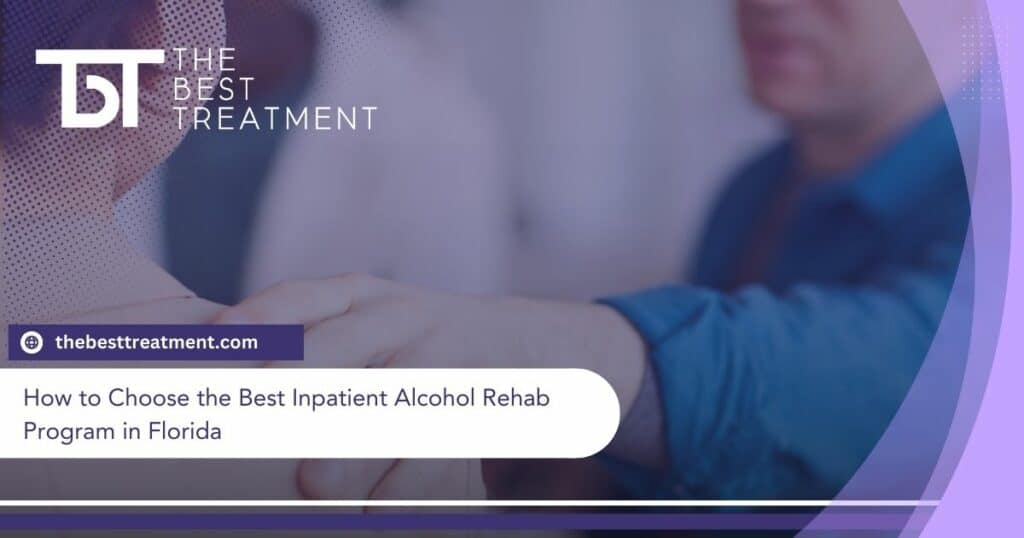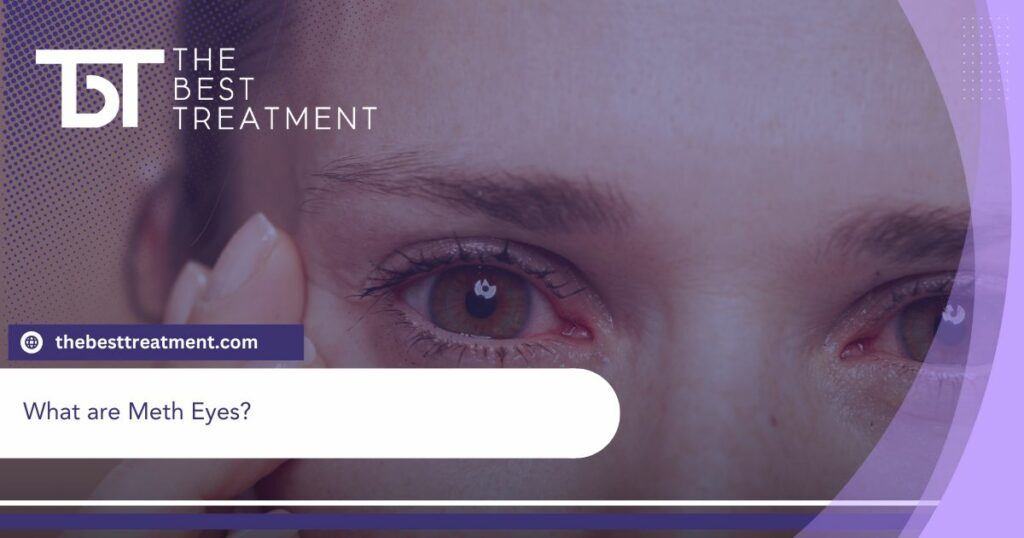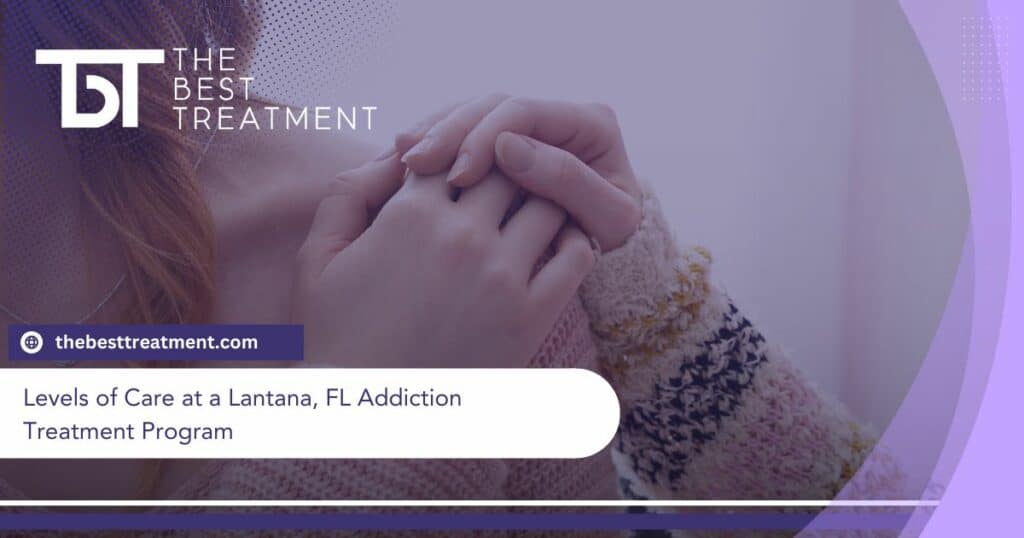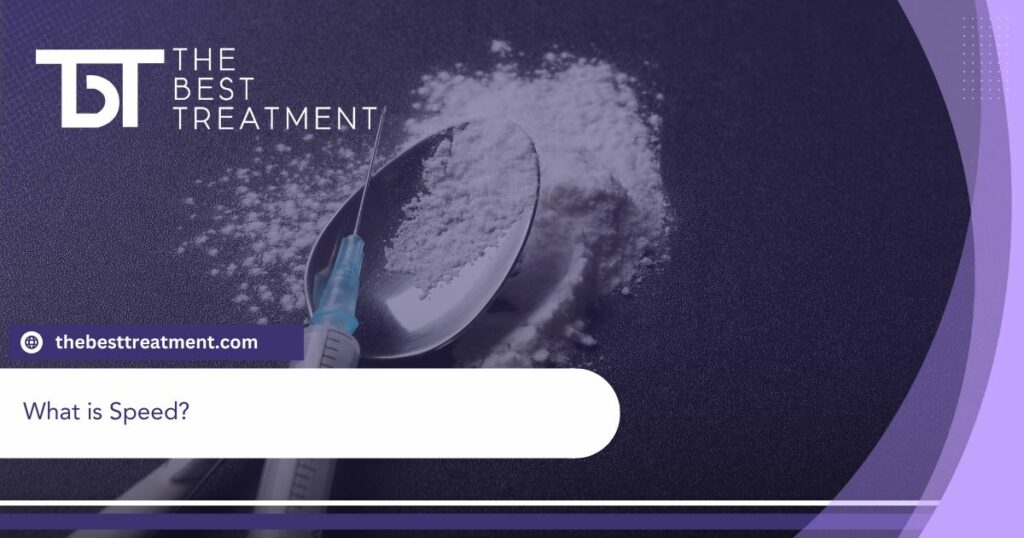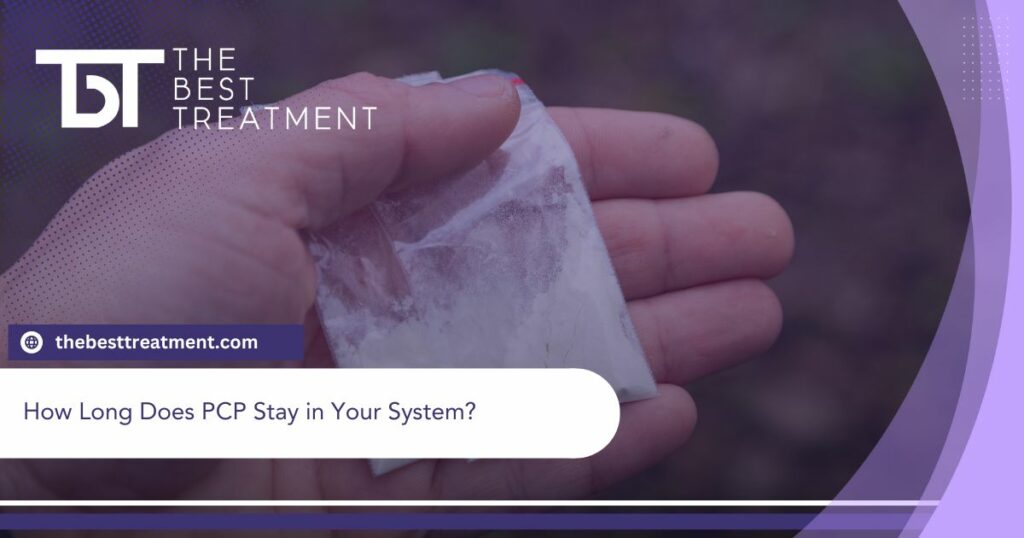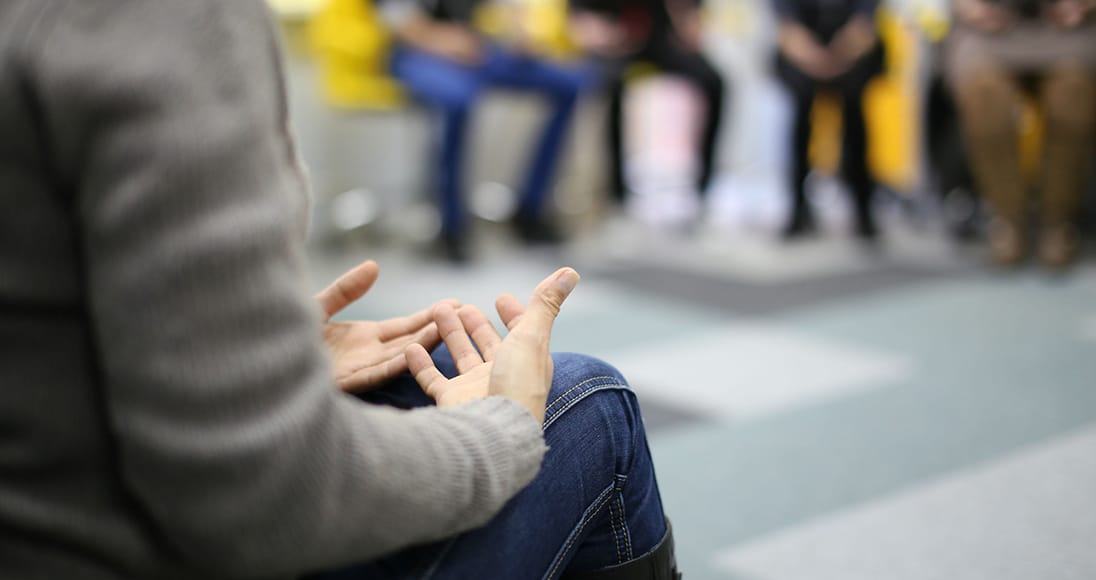Table of Contents
Does Addiction Treatment Require A Higher Power?
Many don’t realize that a higher power in recovery isn’t just a product of faith or religion. But seeking a higher power is geared towards empowering the recovering addict to introspect and take responsibility for their life as well as keeping faith. The term “higher power” often deters people from attending certain recovery programs because in the belief that they push the idea of God onto its attendees. The word power, however, should be noted when analyzing the meaning of a higher power as the embodiment of all we cannot control.
12-step Programs
The 12-step program is an effective strategy used in the recovery process that supports the idea of seeking a higher power.
The first five steps in 12-step recovery pertaining to a higher power are as follows:
Admitting that one is powerless and that life is unmanageable when using the drug of choice.
Believing that a power greater than self is necessary to help restore one to sanity.
The greater power can be God, Allah or any spiritual being. Believing in a greater being helps to increase confidence and self-efficacy for a client to recover.
Turning one’s will and Life to God [as one understands him] for care.
Admitting to self, others and our higher power about the past wrongdoings. Asking a higher power to help one deal with their character defects.
12-step recovery programs refer to the higher power as a source of strength to deal with character defects. They also believe in a higher power to removes one’s wrongdoings.
Mindfulness and Meditation
One can consult their higher power through mindfulness and meditation and increase contact with their higher power through prayer and meditation. Therefore, one has to come up with practices to increase their contact with the higher being. This increases a person’s confidence in handling the challenges one will face during and after treatment, actively pursuing spiritual awakening so that one can successfully go through the recovery steps. Mindfulness and meditation are not just important for the individual to heal the self, but to gain awareness and compassion for others who may have negatively impacted their sobriety in the past.
Expanding the mind allows for new ideas to arise and new connections to be made. “Our lifestyle and behavior can significantly influence the way that our brain is shaped,” says Fadel Zeidan, PhD, a research fellow in the department of neurobiology and anatomy at Wake Forest School of Medicine. “We have different pathways that can facilitate different behaviors.”
SMART recovery
As an alternative to AA, SMART recovery has been a “non-step” alternative recovery program that has no focus on spirituality, but instead scientific modalities to treat addiction, such as examining the relationship between addict and environment.
Because each person is unique, each person struggling with drugs and/or alcohol is unique. This means our needs our unique and not all are able to subscribe to the AA model as the only way to stay sober. SMART recovery is for individuals who believe in the power of choice–that we define our fate rather than leaving it up to God. A higher power is not needed in SMART recovery since it promotes its attendees to make behavioral changes rather than state that they are powerless over addiction.
Each single person has their own shortcomings; however, drug and opioid abuse amplifies the shortcomings. Therefore, a recovering addict needs to consult spirituality–something separate than religion–deal with their perceived shortcomings. Drug rehab will give you the tools to build confidence, but the ongoing practice of consulting a higher power will give you lifetime guidance when ill feelings arise.
In conclusion, each milestone in seeking a higher power has tasks to accomplish, assignments to be done so that one can successfully graduate to the next level to achieve long-lasting sobriety and wholeness.
Medically Reviewed: September 25, 2019

All of the information on this page has been reviewed and verified by a certified addiction professional.





